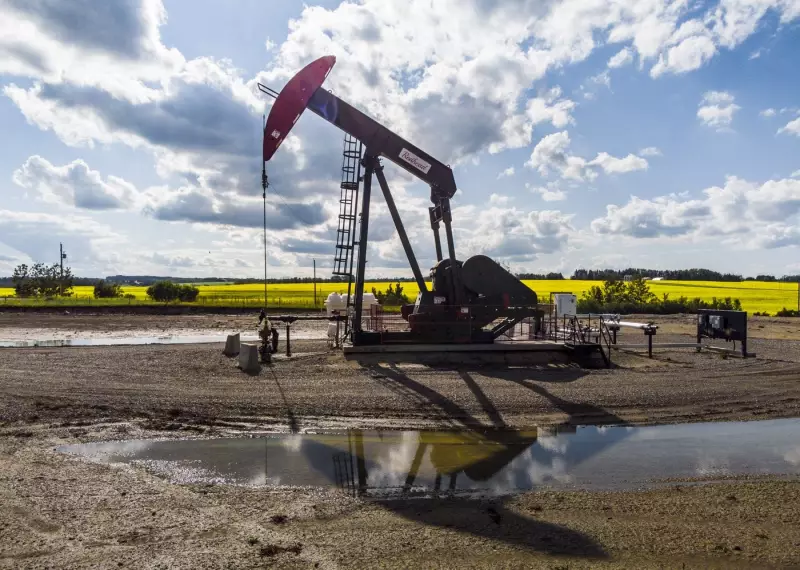
Canada's federal government has delivered a budget that marks a notable shift in its approach to the oil and gas sector, moving from what some perceived as confrontation toward potential collaboration. However, industry experts caution that the devil remains in the details—details that have yet to be fully revealed.
A Changing Tone Toward Energy
The 2023 federal budget represents a significant departure from previous government communications regarding Canada's energy industry. Rather than emphasizing restrictions or environmental concerns as primary talking points, the document acknowledges the sector's economic importance and its potential role in the country's transition to cleaner energy.
"There's definitely a different tone being struck here," observed an energy policy analyst. "The government seems to be recognizing that the oil and gas industry needs to be part of the solution rather than treated as purely a problem to be managed."
Unanswered Questions on Investment Tax Credits
While the budget promises substantial investment tax credits for carbon capture, utilization, and storage (CCUS) technologies—critical infrastructure for reducing emissions from fossil fuel operations—crucial specifics remain undefined. Industry stakeholders are particularly concerned about eligibility requirements and the timeline for implementation.
The uncertainty centers on several key areas:
- Which specific technologies will qualify for credits
- What percentage of costs will be covered
- How quickly companies can access these incentives
- Whether there will be regional variations in eligibility
Clean Electricity Regulations: The Waiting Game Continues
Another area where clarity is lacking involves the forthcoming clean electricity regulations. The oil and gas industry, particularly in Alberta and Saskatchewan, relies heavily on affordable power for operations. The budget acknowledges the need for reliable electricity but provides little guidance on how new regulations might affect energy companies' bottom lines.
This regulatory uncertainty comes at a challenging time for the sector, which faces both international competition and increasing pressure to reduce its environmental footprint.
Balancing Economic and Environmental Priorities
The budget's ambiguous stance reflects the federal government's challenging position of needing to support a major economic driver while advancing climate goals. The oil and gas sector remains one of Canada's largest export industries and a significant employer, particularly in Western Canada.
Meanwhile, environmental groups have expressed concern that the government might be softening its climate ambition in favor of economic considerations. The coming months will reveal whether this tonal shift translates into substantive policy changes that satisfy both economic and environmental stakeholders.
As one expert summarized: "The government has opened the door to a more collaborative relationship with the energy sector, but until we see the specific policies and funding mechanisms, it's impossible to know whether this represents genuine progress or just a change in rhetoric."





